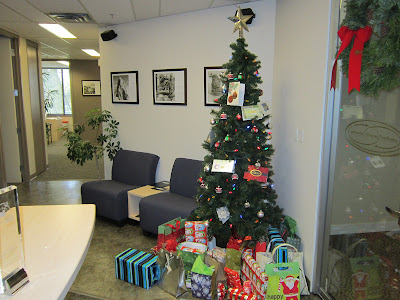2011: what a year!!! Many new faces and going new places, and we all can say that we have much to be grateful for during this eventful year in the refrigerated produce transportation industry, and are looking forward to continued success for our Customer and Carrier Partners.
Once again this year, we have decided to offer our best wishes by way of a charitable donation to families through the North Shore Christmas Bureau as our way of contributing to those less fortunate. This, along with our year round support of the Canadian Breast Cancer Foundation BC/Yukon Region, helps us put assistance and smiles where they really count.
It has been a sincere pleasure to have worked with so many great people throughout 2011 and to have helped keep driving the road ahead and ensuring the safe, secure, and on time delivery of goods.
Best wishes to you and your families for a Happy Holiday, Merry Christmas, Season’s Greetings, and a Happy New Year!!
From all the Staff at United World Cargo








